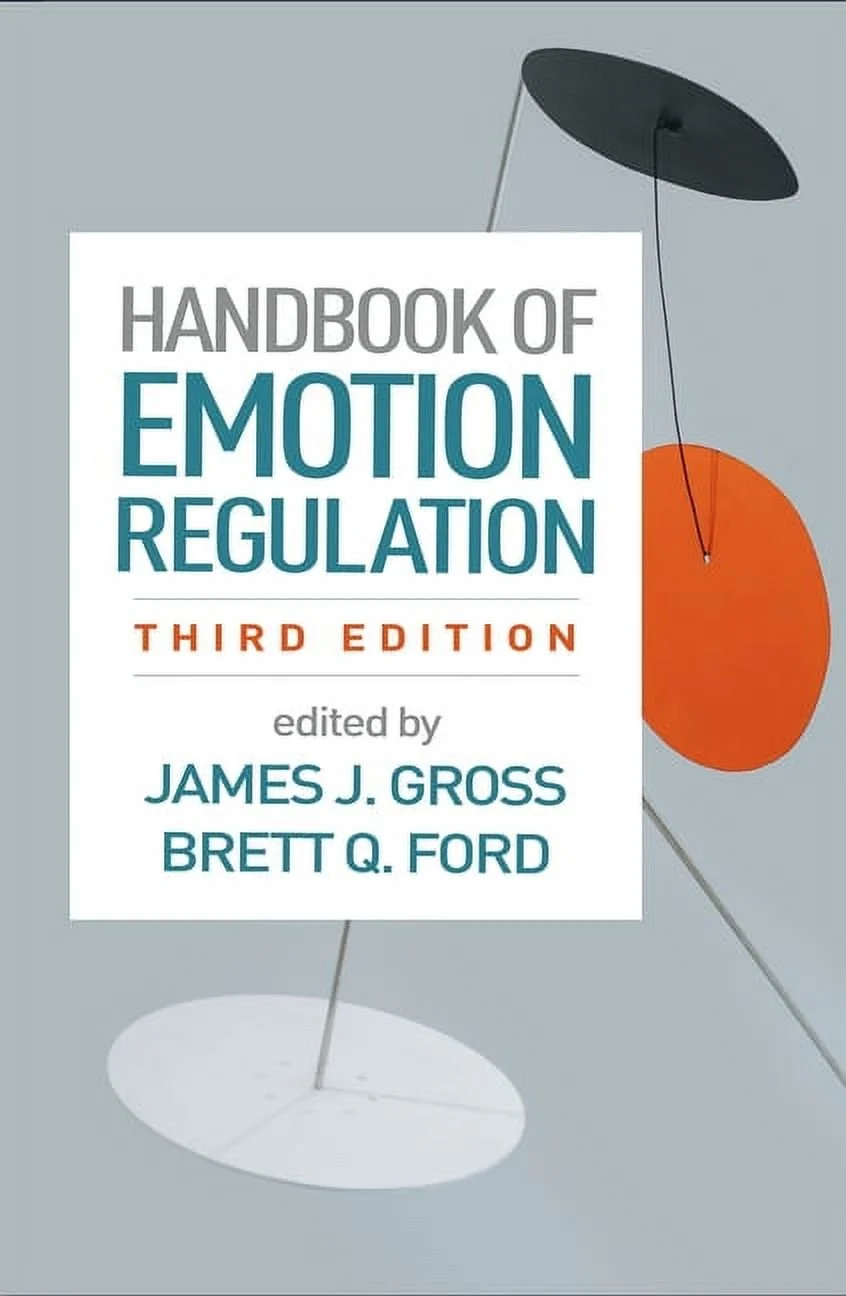













Affective experiences, such as emotions, stress, pain, and mood, are an important, integral, and ubiquitous part of daily life.
The Affective Science and Psychophysiology Lab aims to understand these affective processes, ways to regulate them, and their impact on psychological and physical health.
Recent News & Publications
-
![]()
Dr. Guevarra is accepting graduate students for the 2024-2025 cycle
Dr. Darwin A. Guevarra will be reviewing graduate student applications in the Social Psychology Area for the 2025–2026 application cycle (Ph.D. start date of Fall 2026). Click the button below for details about what he looks for in a graduate student. If you have any questions, please feel free to email him at guevarda@miamioh.edu.
-
![]()
Media Coverage: Small, easy acts of joy mean big gains in happiness
Scientific American, September 2025
-
![]()
Media Coverage: Simple micro‑actions can boost psychological well‑being, new research suggests
PsyPost, August 2025
-
![]()
Media Coverage: 7 simple ways to be a bit happier each day
The Washington Post, July 2025
-
![]()
New Paper: Scaling a brief digital well-being intervention (the Big Joy Project) and sociodemographic moderators: Single-group pre-post study
May 2025
The Big Joy Project study tested a brief, 7-day digital well-being intervention across a large global sample. Participants showed significant improvements in emotional well-being, positive emotions, and reduced stress. These benefits were stronger for individuals with lower education, greater financial strain, and lower social status. The study demonstrates that low-effort, scalable interventions can effectively promote well-being, especially among disadvantaged groups. -
![]()
New Paper: Promoting prosociality via micro-acts of joy: A large-scale well-being intervention study
April 2025
We tested a global, week-long intervention, the Big Joy Project, that encouraged daily micro-acts rooted in well-being science. Across more than 18,000 participants from 172 countries, these brief activities significantly increased prosociality, with especially strong effects among men, individuals with lower subjective socioeconomic status, and participants from developing nations. While five of the seven micro-acts reliably enhanced prosocial behavior, responses varied by demographic group. These findings highlight the potential for scalable, culturally adaptable interventions to foster prosociality and well-being worldwide.
-
![]()
New Paper: Negative lay perceptions of open-label placebo users may pose barriers to intervention adoption
April 2025
We found that belief in and responsiveness to open-label placebos (OLPs), or placebos given without deception, are associated with certain negative social perceptions. Patients who believed in or responded to OLPs were perceived as less competent but more warm, reflecting a form of intervention stigma. This stigma may discourage patients from using or disclosing OLP treatments. These findings suggest that social perceptions may present a barrier to the broader adoption of OLPs, despite their demonstrated effectiveness.
-
![]()
Media Coverage: Scientists observe surprising link between mindset and vaccine outcomes
PsyPost, April 2025
-
![]()
Media Coverage: Non-deceptive placebo pills reduce stress, anxiety, and depression—even remotely administered
PsyPost, January 2025
-
![]()
New Paper: Remotely administered non‐deceptive placebos reduce COVID‐related stress, anxiety, and depression
August 2024
We found that non-deceptive placebos administered remotely reduced stress, anxiety, and depression in people experiencing prolonged stress from the COVID-19 pandemic. Over two weeks, participants reported improvements in mental health, highlighting the feasibility and effectiveness of this low-effort intervention.
-
![]()
New Chapter: Harnessing placebo effects to regulate emotions
January 2024
We provide a review on how placebo effects, both traditional and non-deceptive, can be used in emotion regulation. We discuss placebo effects and their mechanisms. We then review evidence of placebos regulating emotions. We discuss the ethical dilemma in using placebos to regulate emotions and highlight work on placebos without deception. Lastly, we discuss basic science and translational application questions and suggest directions for future research.









